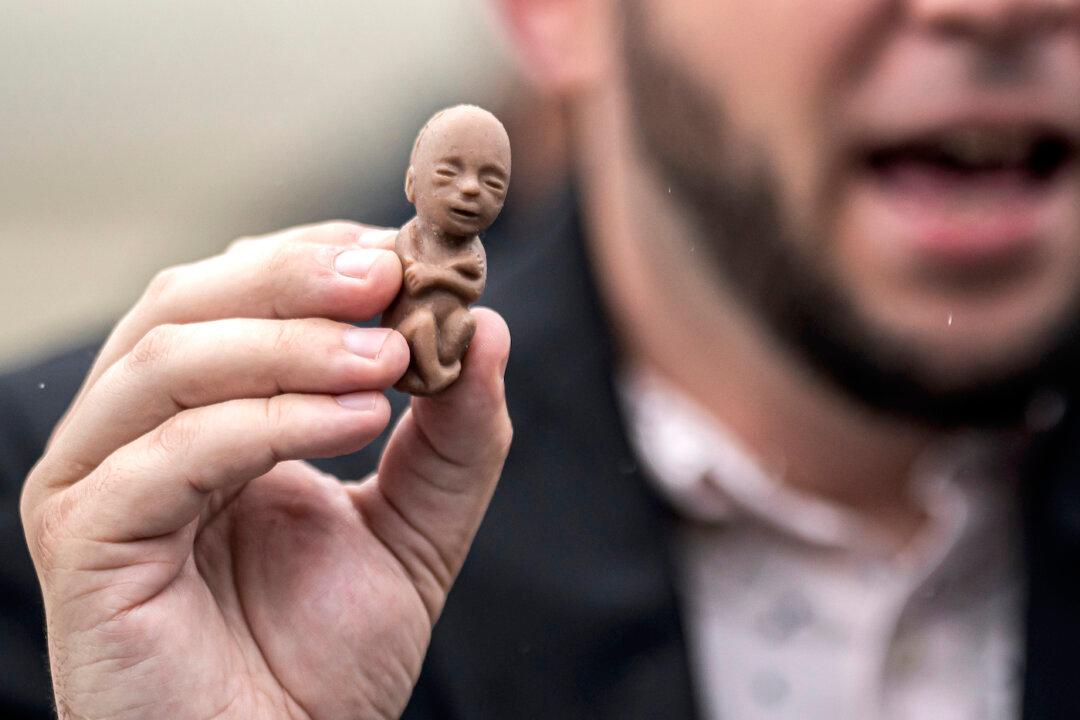The South Carolina Senate on Sept. 8 passed legislation to ban abortions after a fetal heartbeat is detected—at roughly around six weeks gestation—after the chamber failed to pass a near-total abortion ban with no exceptions for rape or incest.
In a special session called in the aftermath of the U.S. Supreme Court decision overturning Roe v. Wade, senators voted 27–16 late on Sept. 8 on a bill HB 5399 that would effectively amend a current fetal heartbeat abortion ban, also known as the Fetal Heartbeat Protection From Abortion Act, or Senate Bill 1.




